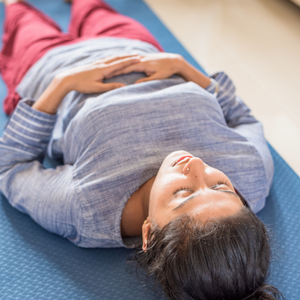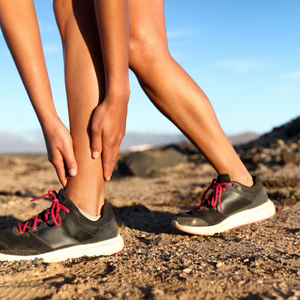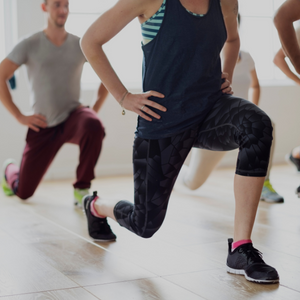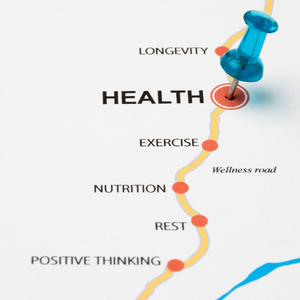Welcome to the Clean Well-Being Advice Centre
What are some useful tips to help with mental health? How can you best deal with change? What makes an excellent PSHE lesson or exercise class? And how can you best prevent getting injured when exercising?
Read my simple, professional advice that I have developed over the years.
Read my simple, professional advice that I have developed over the years.







